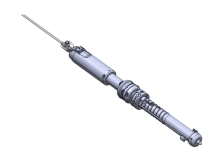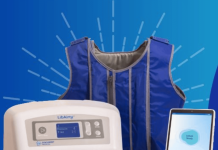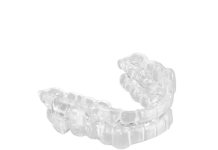Neurolief announced positive results from a clinical trial evaluating its neuromodulation for treatment-resistant depression (TRD). The non-invasive technology, designed for clinic and at-home treatment, could provide a new option for people who previously failed to respond to pharmaceutical treatments.
Related: First patients treated in Bone Biologics spinal fusion trial
Neurolief’s double-blind, randomized, placebo-controlled, multi-center clinical trial enrolled 124 patients across multiple centers in the U.S. and Israel. Investigators set a primary endpoint of a reduction in depression severity as measured by the Hamilton Depression Rating Scale (HDRS17).
Key findings include a significant reduction in depression symptoms compared to the control group with Neurolief’s neuromodulation. A substantial portion of patients achieved full remission from depression symptoms as well.
Patients tolerated the therapy well, with no serious adverse events related to the treatment. Approximately 95% of patients fully complied with the daily treatment regimen throughout the 16-week treatment period.
Dr. Linda Carpenter, Professor of Psychiatry and Human Behavior at the Warren Alpert Medical School at Brown University and the principal investigator of the trial, said in a news release: “The results of this clinical trial not only show this technology is safe and effective for relieving depression symptoms, but also that patients can self-administer their therapy in a time and place when it is convenient for them and get better! This will have a tremendous impact on the approach for treating major depressive disorder.”




